-The brightest minds in Computer Science
By Hussaini Garba Mohammed, who was in Heidelberg – Germany
Aditya Manglik is a graduate student at ETH Zurich, specializing in computer architecture and operating systems. He has three years of professional experience in high‑performance code optimization. He has contributed to open-source software as a Google Summer of Code, he was among the Heidelberg Laureate Forum (HLF) Young Researchers that attended the 11th Heidelberg Laureate Forum this year, an HLF event that hosted 200 young researchers and about 25 laureates from different Countries. The 11th Heidelberg Laureate Forum which took place from September 22 to 27, 2024. In an exclusive interview Aditya Manglik explained below:
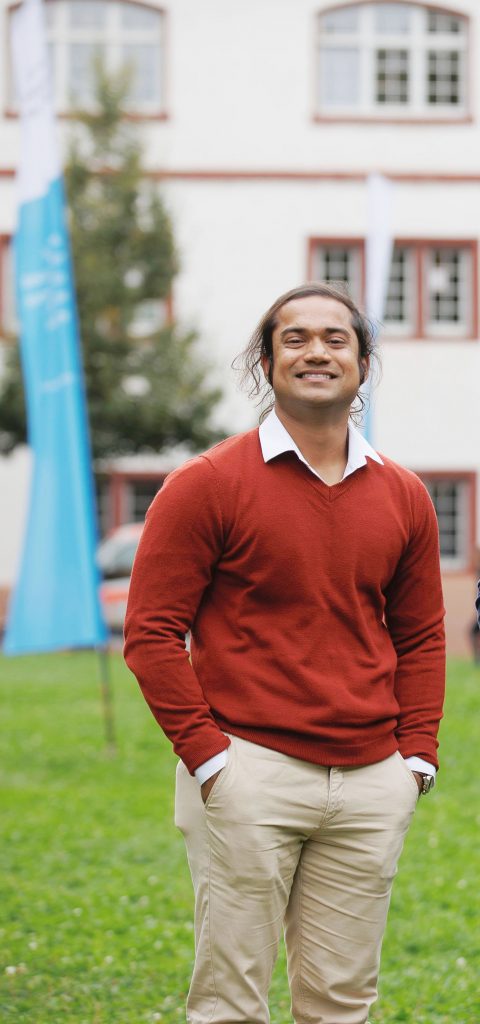
1. Can you please introduce yourself and how you were selected among the young researchers to be at this wonderful event HLF 2024 to us?
I’m Aditya Manglik, a master’s student in computer engineering at ETH Zurich, Switzerland. I do research in sustainable and energy-efficient computing systems. My research journey has taken me from cloud system engineering at Columbia University to computer architecture and design at TU Vienna. Each step in the journey helps deepen my passion for making computers more sustainable, low-carbon, and energy-efficient. I applied to the Heidelberg Laureate Forum as a Master’s student, not knowing if my unique focus would stand out. Receiving the acceptance was incredibly motivating—a reminder that there’s recognition and support for novel ideas in a global computer science community. I am honored to be part of such a remarkable event with esteemed laureates and young researchers from around the globe.
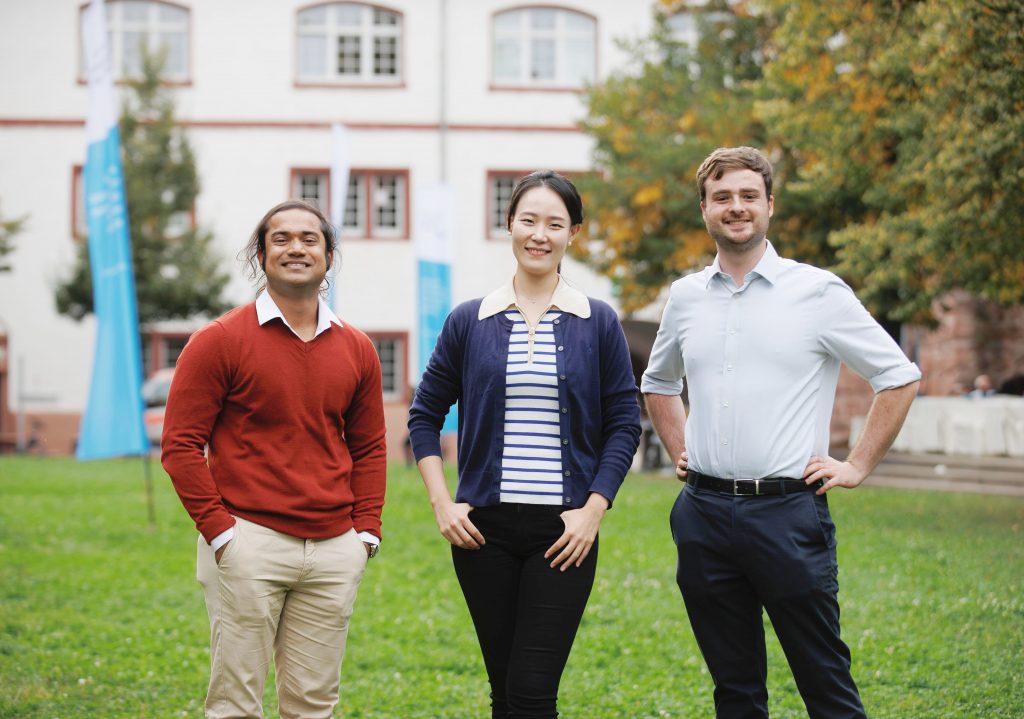
2. What are the benefits of performing research at a younger age? What did you not expect?
Research at a young age builds curiosity and mental resilience that’s hard to replicate in industry. Early in research, you learn to approach problems by questioning everything. One of the most unexpected aspects has been the development of a critical mindset and understanding of the value of innovation in industry. My work can make a meaningful impact on the world while improving the lives of all members of our society, including fellow humans, animals, and plants. Research also helped me develop broader skills, from communicating ideas effectively via presentations and research papers. Finally, research allowed me to meet amazing people from all across the world (picture from HLF)
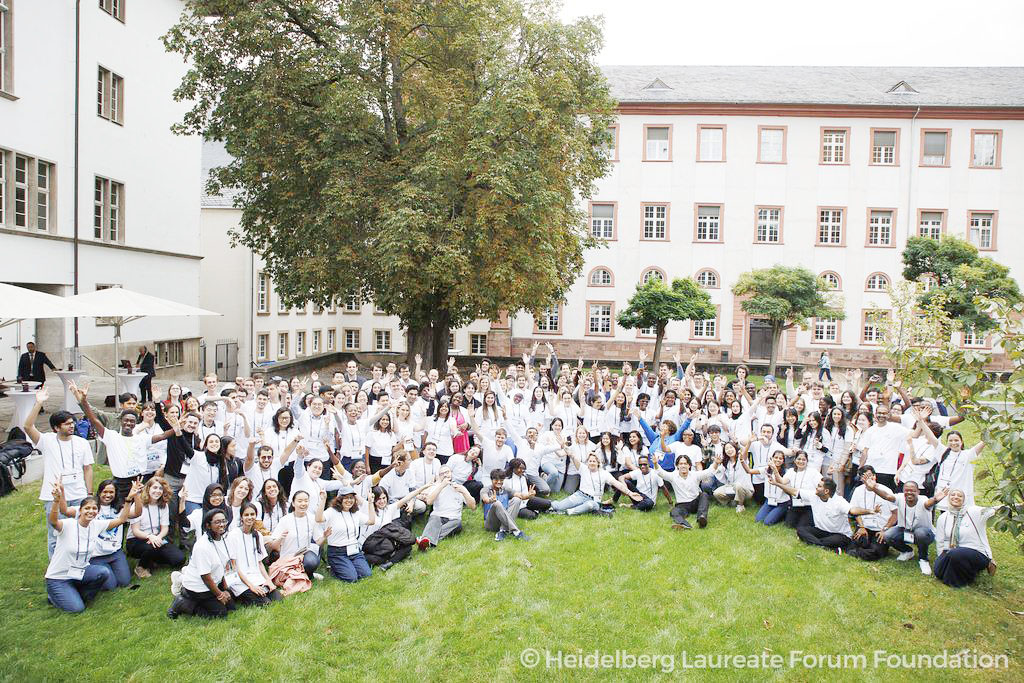
3. How many on-going projects are you working on that will help you to a higher level?
Currently, I’m working on three projects. The first project focuses on optimizing the energy consumption of Linux processes and helping improve the computer’s battery life. This project is challenging as we must carefully balance energy efficiency with performance. The second project explores designing new computer architectures capable of supporting different neural networks, enhancing the flexibility of the hardware, and making manufacturing more sustainable. The third project at Columbia University, New York, improves application performance for cloud computing. Each project brings unique challenges and learnings, but together, they’re helping me contribute to building sustainable and energy-efficient systems.
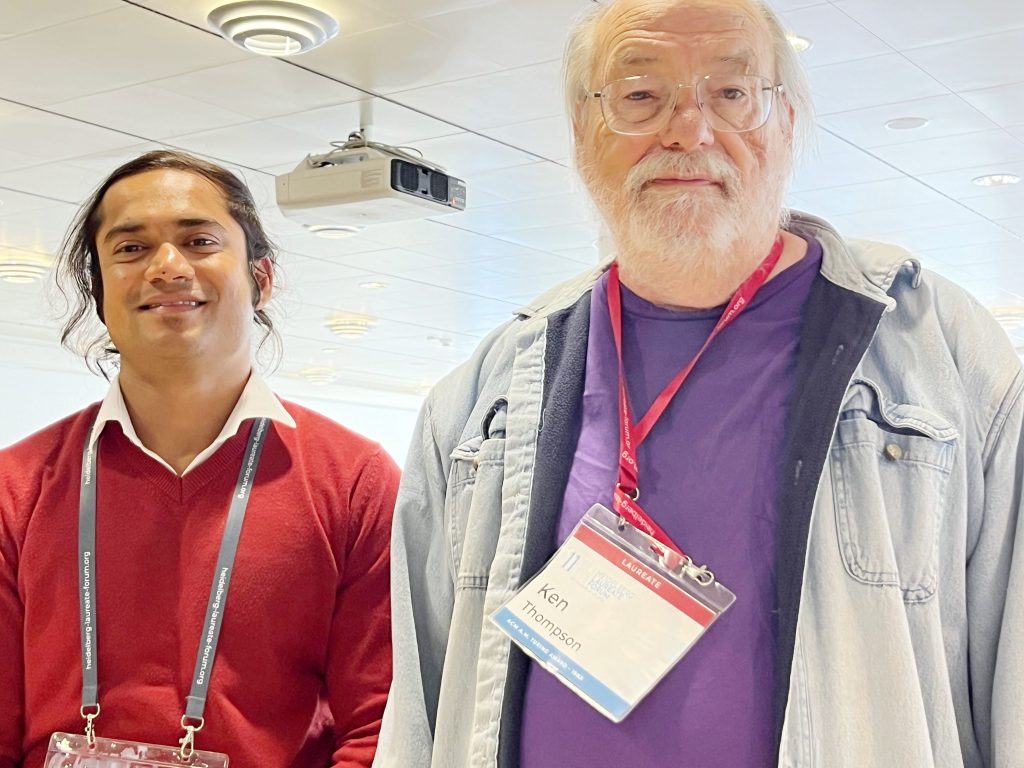
4. How many countries have you traveled to carry out your research or attended an international conference in the last 5 years?
In the last five years, I’ve had the opportunity to travel to the United States, Japan, Austria, and Indonesia to present my research. Every journey helped expand my understanding and gain valuable perspectives. I also found that interacting with researchers from other fields has often been where I learn the most (picture with other researchers at the HLF). Seeing different approaches to similar research problems has been incredibly enriching.
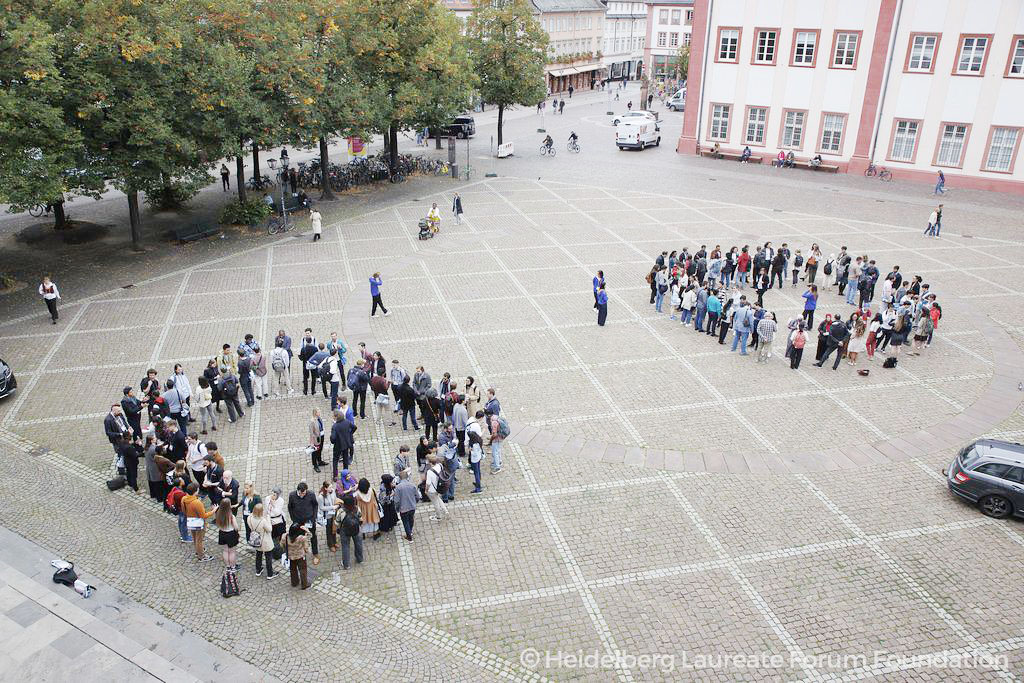
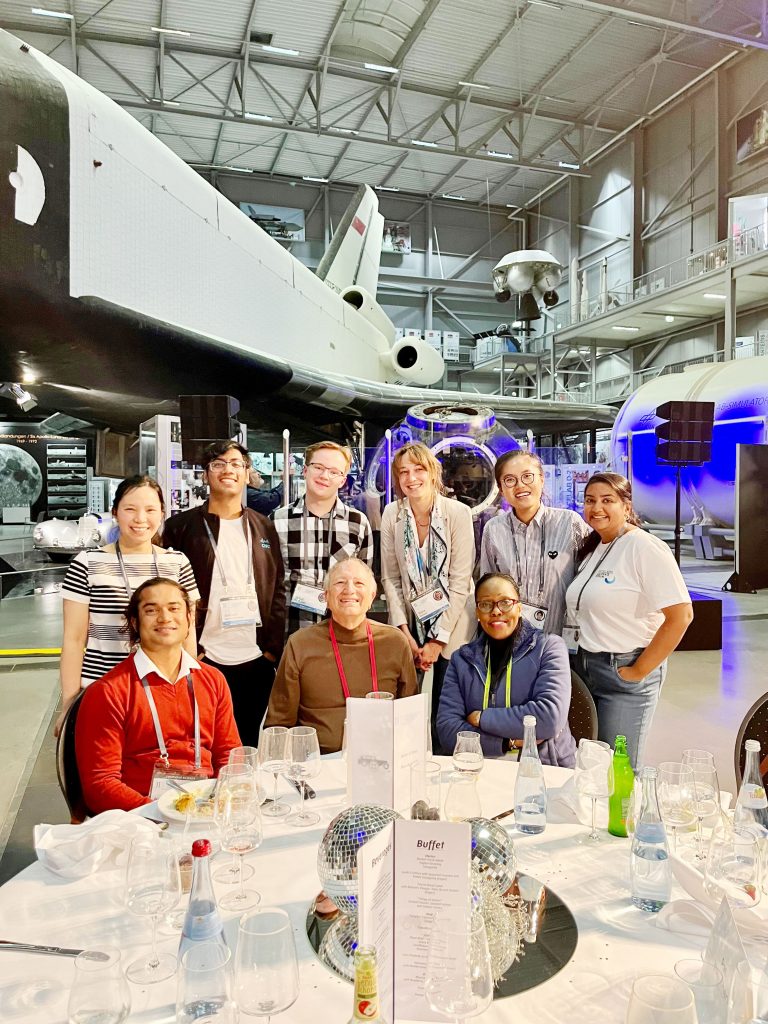
5. Do you have any tips for those who are now thinking about a career in scientific research?
I suggest exploring different topics as much as possible before choosing a specific topic. Exploration, curiosity, and resilience are essential parts of the journey. It helps when you’re truly passionate about a specific topic because, in research, the path isn’t always straightforward. Surround yourself with mentors and friends (picture with a ; they’ve been invaluable to me in finding motivation when I needed it the most. In research, the journey itself is where much of the learning and growth happen, so embrace it with patience and a vision for the long term.
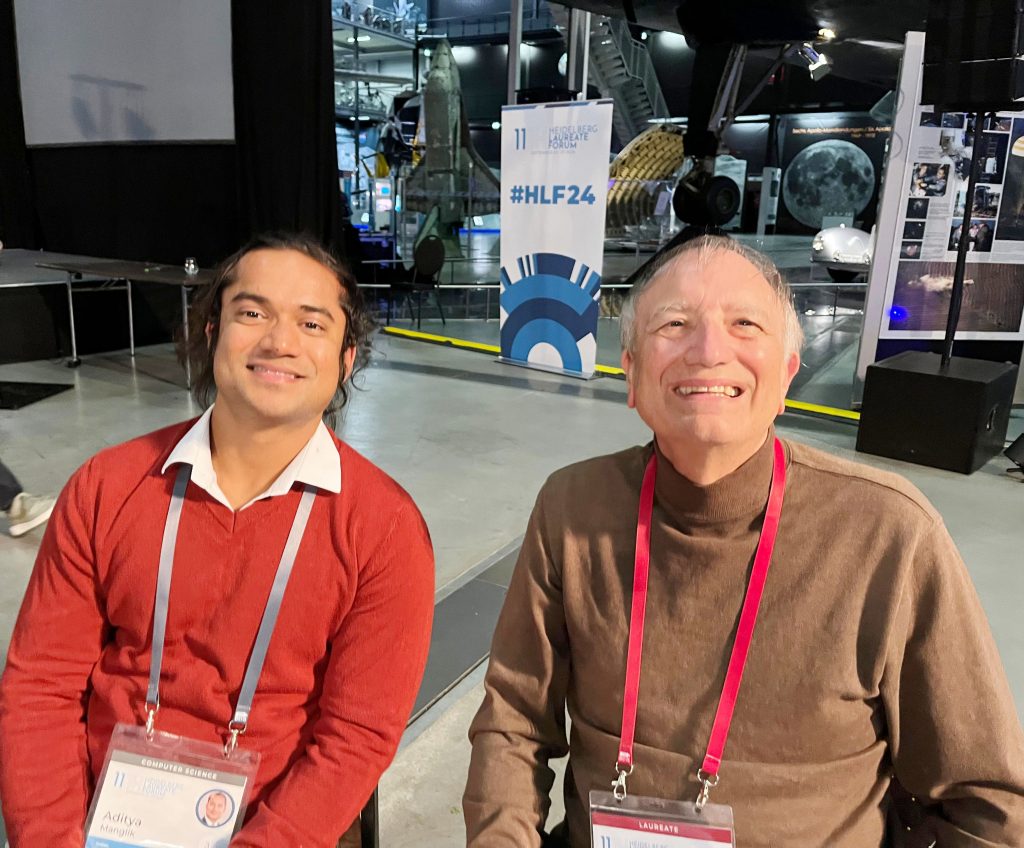
6. How do you become a computer scientist considering that a lot of students in secondary school don’t like math as a subject, and what advice do you have for Indian students who want to be like you?
Becoming a computer scientist was not something I had planned from the start. Initially, I saw coding and algorithms as ways to solve real-world problems. Over time, I realized that they also enable us to develop new solutions to problems, and that’s research!
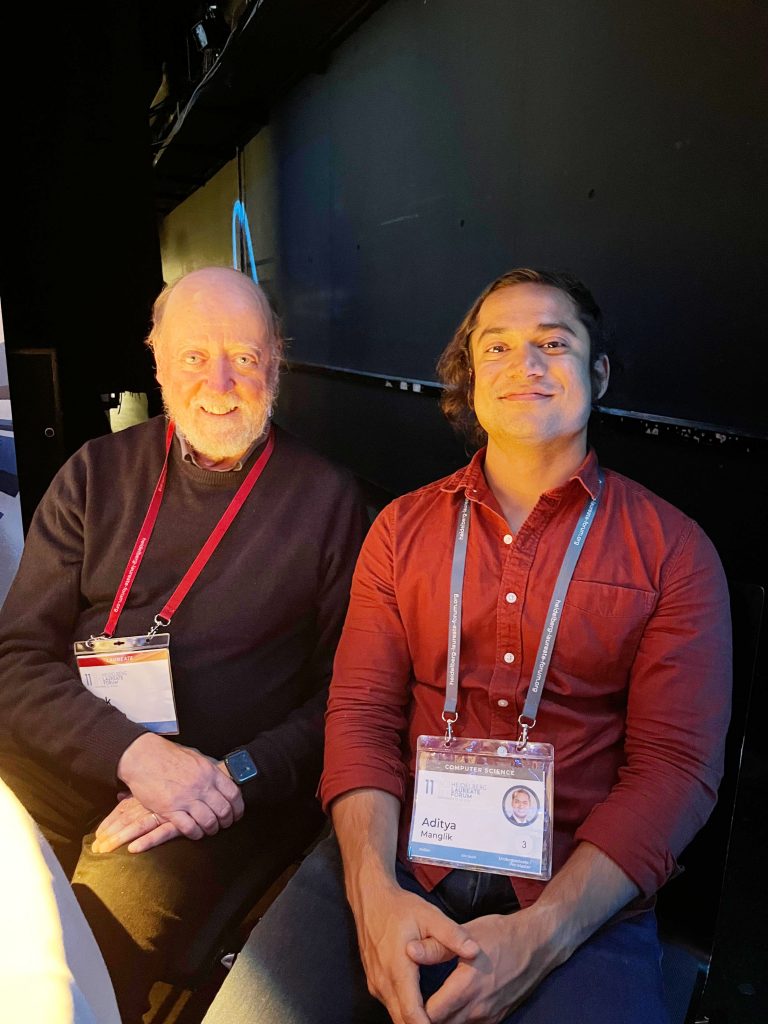
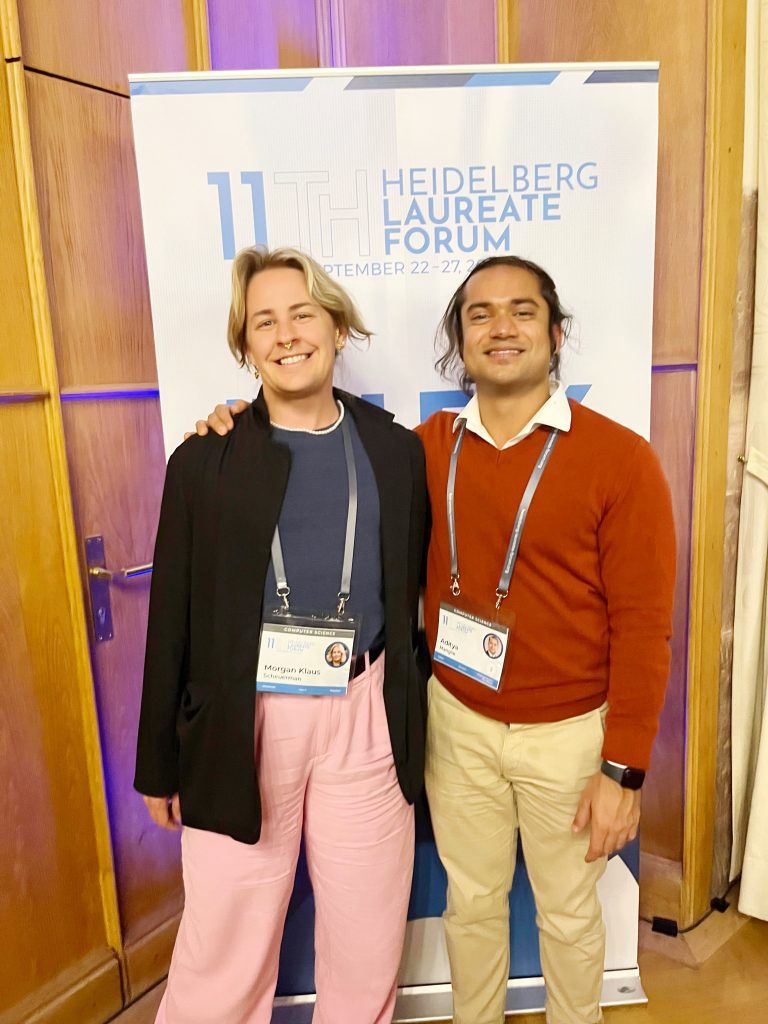
To Indian students aspiring toward computer science, I’d say that problem-solving is at the heart of this field—find enjoyment in building solutions, however small, and let that passion guide you through the challenges. Each step is valuable, even when progress feels slow. Seek out mentors, be persistent, and set ambitious goals; you’ll find that every struggle in the journey is part of what makes the successes meaningful. Strive to make an impact, whether big or small and believe in the journey ahead.
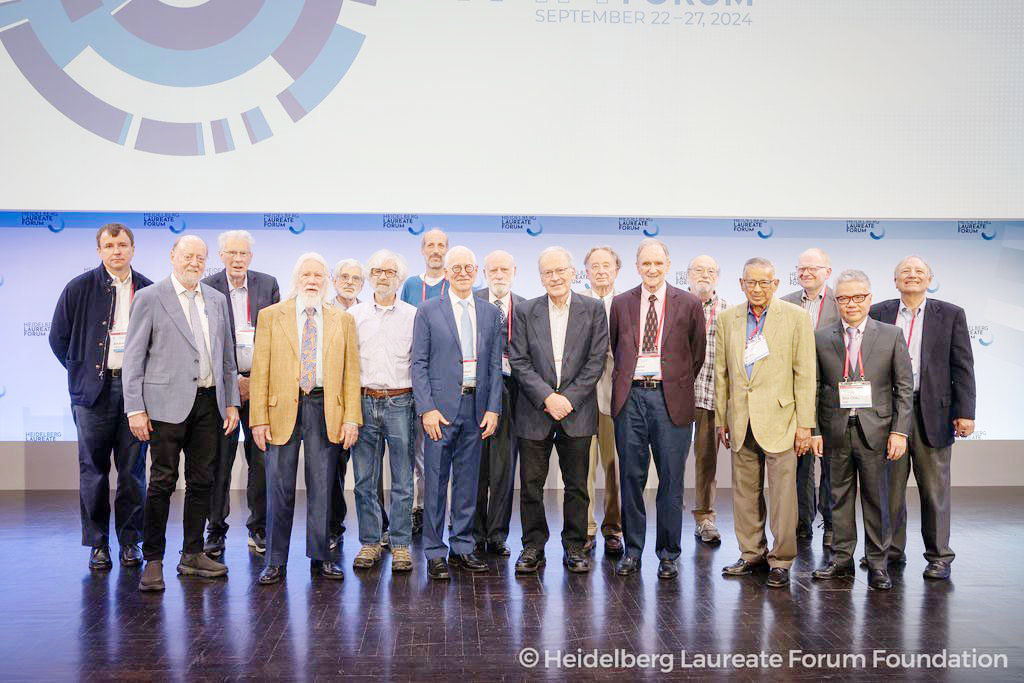
Author and Written by:
HUSSAINI GARBA MOHAMMED, FIIM, MCIA, mips, MBA, DoE, Fellow African Investigative Journalism Conference (AIJC-2020), Berlin Energy Transition Dialogue Media Fellow (BETD), Associate Member, Nigeria Union of Journalist (NUJ), PIJ – Fellow-Netherlands